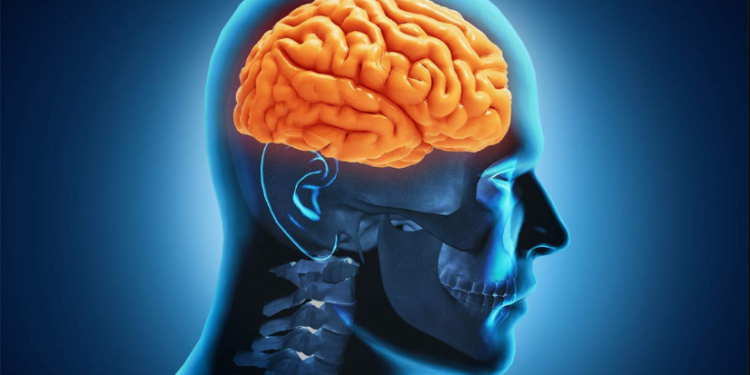New York: People suffering from acute kidney injury could be at more than a three-fold higher risk of developing dementia, finds a study.
Acute kidney injury, an often fatal condition without a specific treatment, causes a build-up of waste products in the blood and an imbalance of fluids throughout the body.
“Acute kidney injury, even with complete renal recovery, is associated with an increased risk of dementia,” said Jessica Kendrick from the University of Colorado in the US.
Acute kidney injury, that affects 30-40 per cent of all hospitalised adults in the low-income countries, is an abrupt decline in kidney function.
It often arises after major surgeries or severe infections and is associated with long-term health problems including the development of chronic kidney disease and cardiovascular disease.
The condition is also associated with acute neurologic complications, but the long-term consequences of acute kidney injury on brain health are unclear, the researchers said.
For the study, the team analysed information on 2,082 patients without a prior history of dementia.
More patients with acute kidney injury developed dementia (7 per cent versus 2.3 per cent). Patients with acute kidney injury had more than a three-fold higher risk of developing dementia compared with those without the condition.
However, “further studies are needed to determine the long-term cognitive consequences of acute kidney injury,” Kendrick said.
The results will be presented at ASN Kidney Week 2018 at San Diego.
A previous study, led by researchers from Harvard University, showed that oral intake of vitamin B3 could potentially help prevent acute kidney injury.






































